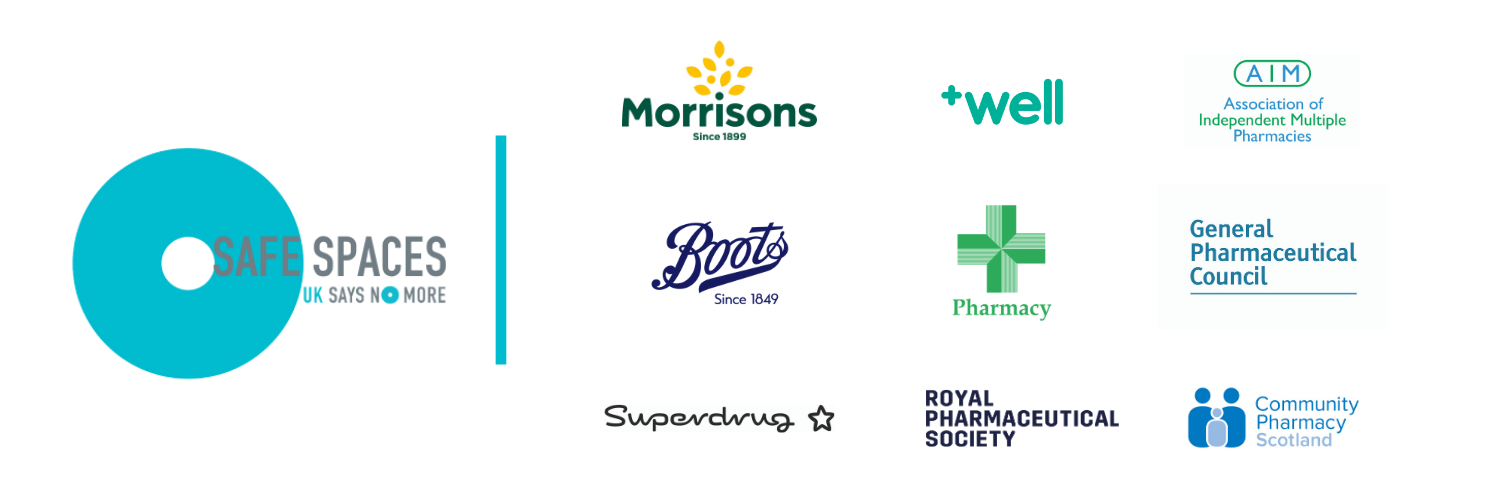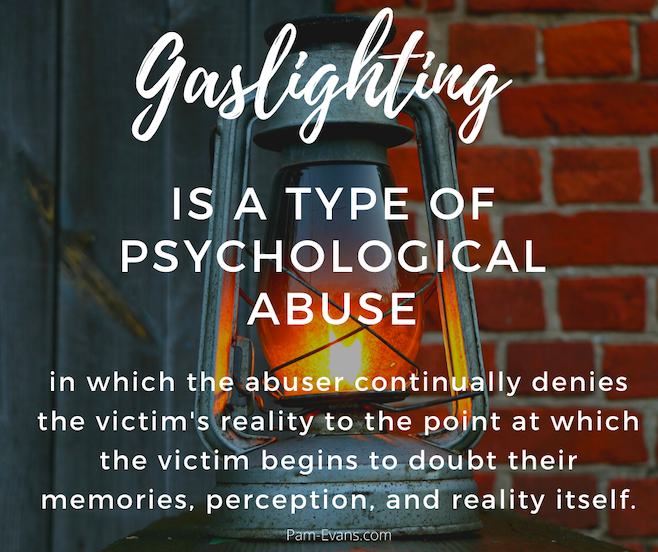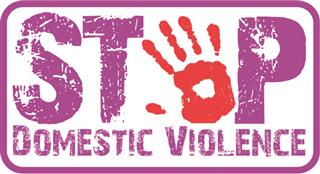Domestic abuse is categorised by any incident or pattern of incidents of controlling, coercive or threatening behaviour, violence or abuse between those aged 16 or over who are or have been intimate partners or family members regardless of gender or sexuality. This can encompass but is not limited to the following types of abuse:
- physical
- emotional
- psychological
- sexual
- financial
This definition includes honour-based abuse and forced marriage, and is clear that victims are not confined to one gender or ethnic group.
The frequency and severity of domestic violence can vary dramatically, just one encounter counts as abuse, and it can be an ongoing pattern of behaviour. However, the one constant element of domestic abuse is the abuser’s consistent efforts to maintain power and control over the victim.
Domestic abuse can affect anyone regardless of ethnicity, age, gender, sexuality or social background. If you are suffering from physical, sexual, psychological or financial abuse, or are being threatened, intimidated or stalked by a current or previous partner or close family member, it’s likely you’re a victim of domestic abuse.
You may be feeling frightened, isolated, ashamed or confused. If you have children it may be that they too are suffering, whether they witness abuse or not.
Remember, you are not to blame for what is happening. You are not alone, and above all you do not have to suffer in silence – help is available to report domestic abuse.
Controlling behaviour
Controlling behaviour is a range of acts performed by the abuser and designed to make their victim subordinate and/or dependent. These acts include but are not limited to:
- isolating the victim from sources of support
- exploiting the victim’s resources and capacities for personal gain
- depriving the victim of the means needed for independence, resistance and escape
- regulating the victim’s everyday behaviour
Coercive behaviour
Coercive behaviour is an act or a pattern of acts of assault, threats, humiliation and intimidation or other abuse that is used by the abuser to harm, punish, or frighten their victim.
Physical abuse and sexual abuse
Physical abuse is the use of physical force against someone in a way that injures or endangers that person. The police have the power and authority to protect you from physical attack.
Sexual abuse is a form of physical abuse. Forced sex, even by a spouse or intimate partner with whom you also have consensual sex, is an act of aggression and violence.
Emotional. Mental or psychological abuse
Just because you’re not battered and bruised doesn’t mean you’re not being abused. Unfortunately, emotional abuse is often minimised or overlooked—even by the person being abused.
Emotional abuse includes verbal abuse such as yelling, name-calling, blaming, and shaming. Isolation, intimidation, and controlling behaviour also fall under emotional abuse.
Honour-based abuse
There’s no honour in threatening or harming vulnerable people with violence. However, a small minority of both women and men experience violence and threats at the hands of their family or community in order to protect their perceived ‘honour’. (Family members are defined as mother, father, son, daughter, brother, sister and grandparents, whether directly related, in-laws or step-family.)
There’s nothing religious or cultural about this violence. It’s a crime and we’ll take seriously any information received from any source relating to this subject.
If you’re in fear of such violence or believe another may be suffering, do not underestimate the seriousness of the situation. Honour-based violence takes lives.
By attending a police station or calling the Community Safety Unit for your borough you’ll be able to speak to an officer who can help.
The warning signs of honour-based abuse are:
- forms of communication being severed between victim and friends
- withdrawal from education or workplace
- criticism of victim for ‘Western’ adoption of clothing or make-up
- restrictions in leaving the house or chaperoning outside the home
- onset of depression or suicidal tendencies in an otherwise happy person
Forced marriage
We’re committed to eradicating the practice of forced marriage. This is not to be confused with an arranged marriage, where parties involved have the choice to accept the arrangement or not. Forced marriage is when one party is threatened or bullied into making such a marriage.
A family member might threaten suicide if the young person does not consent and in some cases the ‘bride’ or ‘groom’ take their own life rather than bring this perceived shame on the family by not entering such an agreement.
Forced marriage is an offence. We can offer victims a civil or criminal route to protect them from harm.
(Credit: Metropolitan Police https://met.police.uk)






You must be logged in to post a comment.